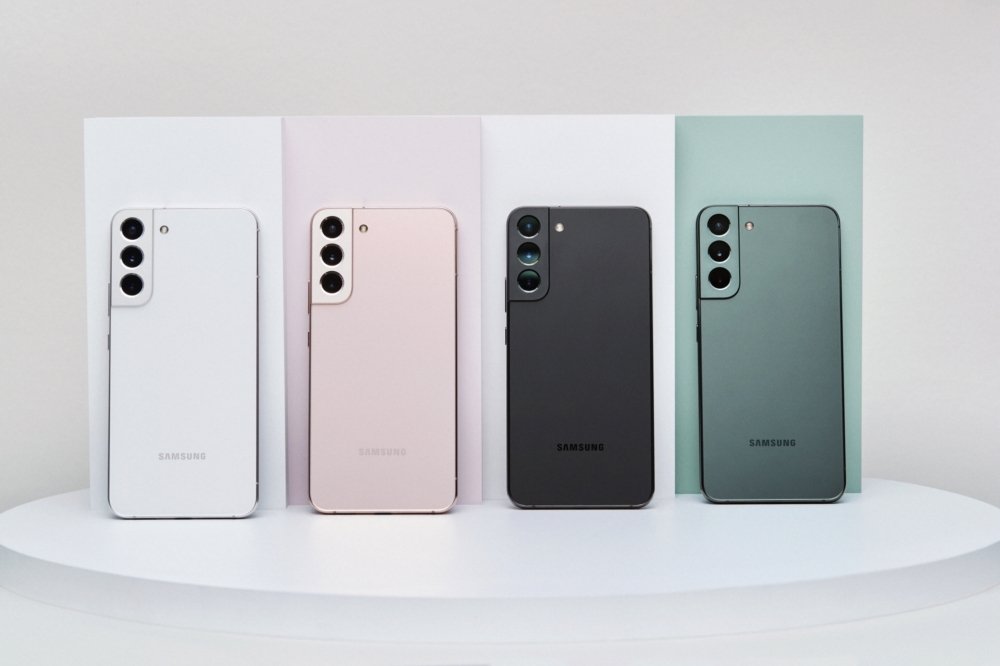Samsung says a fix for the app throttling issue on Galaxy S22 is coming
Samsung says that it's working on releasing a software update "as soon as possible" to address complaints about app throttling across many of its Galaxy smartphones, including the latest S22 devices.

Credit: Samsung
Earlier in March, a report indicated that Samsung was subjecting at least 10,000 apps to performance limitations through a native system called the Game Optimizing Service. Despite being aimed at games, the throttling app also affected TikTok, Netflix, and Google Keep, among others.
Now, Samsung says it's developing a solution that will allow users to toggle the performance throttling on and off through the game launcher app, ZDNet has reported.
As far as why the throttling was happening in the first place, Samsung said it implemented the systems to prevent devices from overheating and losing battery life too quickly while gaming. It didn't address why benchmarking apps weren't included.
The list clearly indicated non-gaming apps like Microsoft office getting throttled. However, Samsung denies that its GOS app affects anything other than games on Android.
The throttling app affected a number of Samsung Galaxy devices. Despite initial reporting claiming otherwise, the company's latest Galaxy S22 smartphones were included too. Since sales of those devices began, there have been numerous complaints on the company's South Korean community forums.
The GOS throttling system isn't new to the Galaxy S22 lineup. It has been included on previous generations of Samsung's smartphones, such as the Galaxy S21.
Read on AppleInsider

Credit: Samsung
Earlier in March, a report indicated that Samsung was subjecting at least 10,000 apps to performance limitations through a native system called the Game Optimizing Service. Despite being aimed at games, the throttling app also affected TikTok, Netflix, and Google Keep, among others.
Now, Samsung says it's developing a solution that will allow users to toggle the performance throttling on and off through the game launcher app, ZDNet has reported.
As far as why the throttling was happening in the first place, Samsung said it implemented the systems to prevent devices from overheating and losing battery life too quickly while gaming. It didn't address why benchmarking apps weren't included.
The list clearly indicated non-gaming apps like Microsoft office getting throttled. However, Samsung denies that its GOS app affects anything other than games on Android.
The throttling app affected a number of Samsung Galaxy devices. Despite initial reporting claiming otherwise, the company's latest Galaxy S22 smartphones were included too. Since sales of those devices began, there have been numerous complaints on the company's South Korean community forums.
The GOS throttling system isn't new to the Galaxy S22 lineup. It has been included on previous generations of Samsung's smartphones, such as the Galaxy S21.
Read on AppleInsider

Comments
Nope, not at all. I opposed Apple throttling their phones due to poor battery. And I oppose Samsung pulling this crap as well. It just means that they have inefficient SoC(s) and that they want to showcase their SoC(s) as having higher performance than what they are actually capable of.